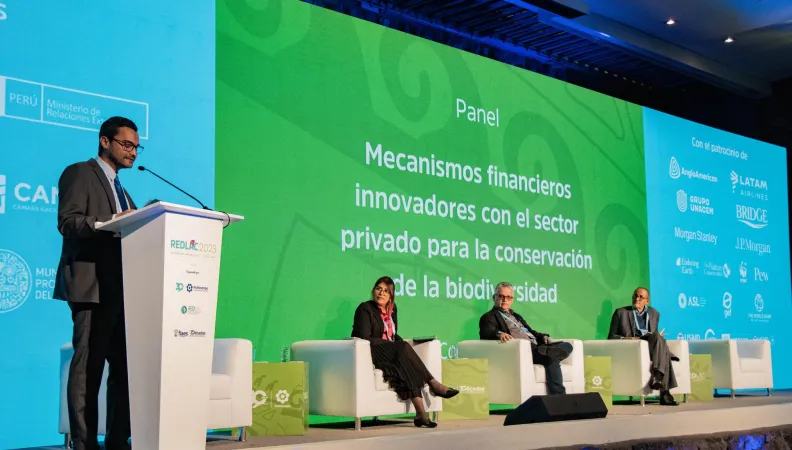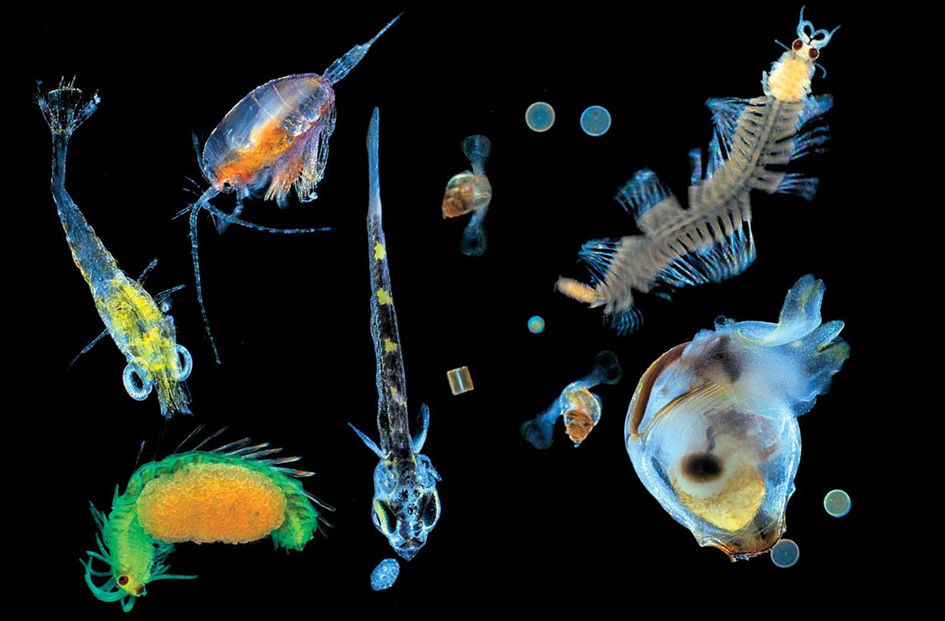Share the page
Earth day : Act today for tomorrow
Published on

Every April 22, Earth Day reminds us how crucial it is to act together to protect life and our planet. On this occasion, the French Facility for Global Environment (FFEM) highlights two projects it supports, at the crossroads of scientific innovation, biodiversity conservation, and sustainable development.
THE BRIDGE PROJECT: INNOVATING TO STRENGTHEN PROTECTED AREAS
The BRIDGE project (Building River Dialogue and Governance), implemented by the Costa Rica Por Siempre association, embodies the ambition to engage the private sector in conservation financing through innovative financial mechanisms.
In a context of growing pressure on natural resources and increased vulnerability to climate change, managing transboundary river basins is a strategic issue—both environmentally and geopolitically. Rivers and waterways flow across human borders worldwide, yet their health depends on coordinated approaches between the countries they connect. The BRIDGE project addresses this challenge by supporting cooperation mechanisms among riparian states and local, public, and private actors to ensure shared and sustainable water governance.
Since 2011, BRIDGE has helped strengthen governance across 26 transboundary basins in Africa, Asia, and Latin America, relying on three complementary levers: developing institutional and technical capacity, supporting multi-stakeholder dialogue and consultation processes, and promoting concrete and replicable solutions for water governance.
THE PLANKT’ÉCO PROJECT: BETTER UNDERSTANDING THE ROLE OF PLANKTON IN CLIMATE REGULATION
Launched in 2023 and led by the Tara Ocean Foundation, the Plankt’Éco project combines participatory scientific research and awareness-raising initiatives through an innovative, inclusive, and mobile approach. It aims to improve our understanding and protection of plankton—tiny but vital organisms—by addressing the growing need for knowledge on planktonic ecosystems.
A key yet little-known player in marine ecosystems, plankton is central to marine biodiversity and climate regulation. In addition to producing over 50% of the Earth's atmospheric oxygen, plankton captures a significant share of the carbon dioxide emitted by human activities. However, this microscopic biodiversity is increasingly threatened by pollution, chemical disturbances, ocean acidification, and global warming.
The project is based on a scientific sailing expedition that explores under-studied areas—particularly in West Africa and the Atlantic islands—to collect data on plankton biodiversity, working closely with local scientific partners.

Beyond research, education plays a key role: the sailboat stops in various ports to conduct outreach activities in schools and communities, through workshops, exhibitions, and public engagement events focused on marine biodiversity.
By supporting Plankt’Éco, the FFEM backs an initiative that fully aligns with its priorities: promoting scientific knowledge, encouraging citizen participation in the protection of global public goods, and strengthening local capacities in environmental action.
Plankt’Éco offers a tangible way to reconnect people with their environment by highlighting the links between marine biodiversity, climate, and the health of our planet.
Through these projects, the FFEM supports innovative and inclusive solutions to global environmental challenges. On this Earth Day, they serve as a reminder that the ecological transition is already underway—on land and at sea.
